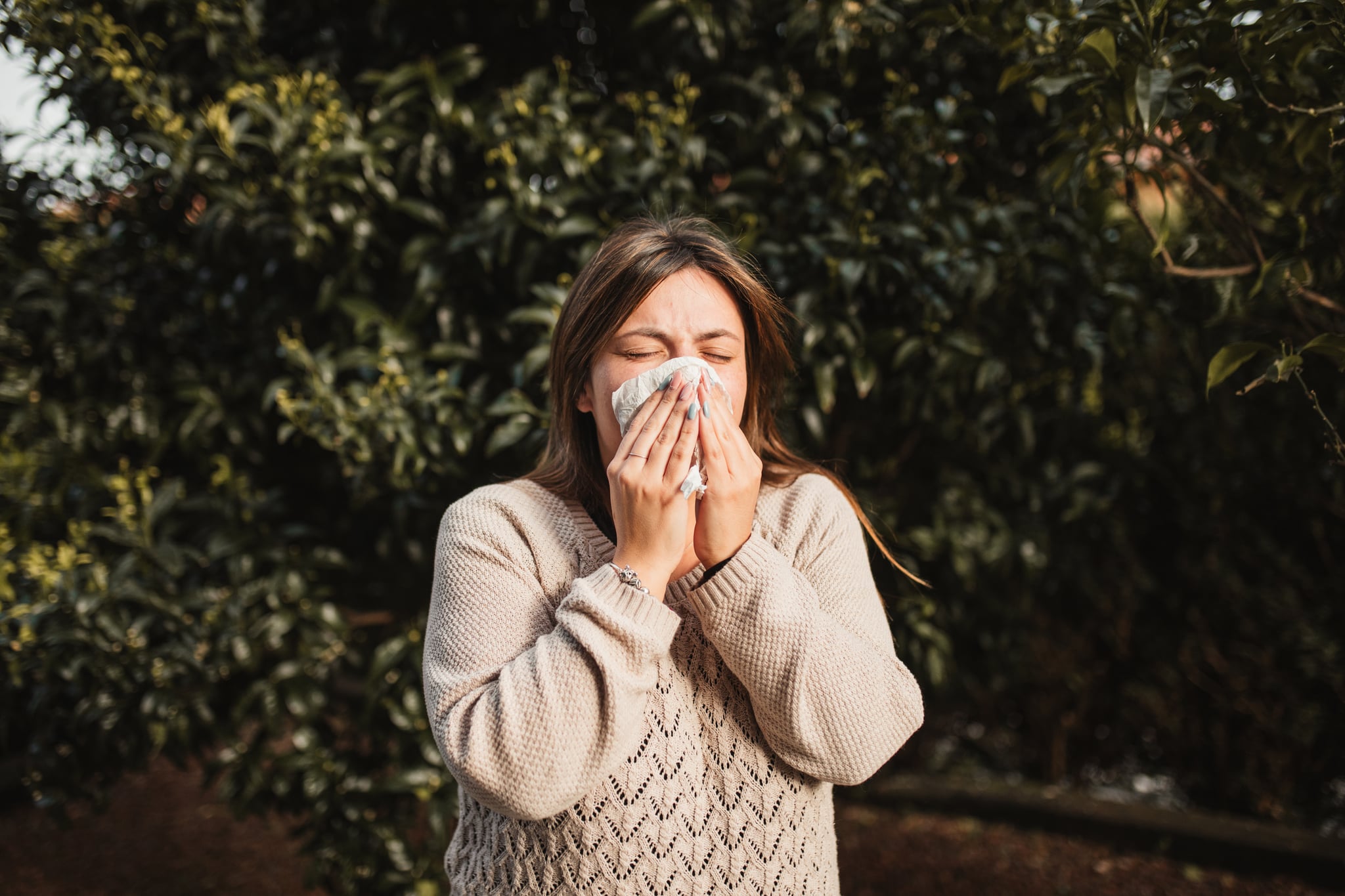Yes, Allergy Season Really Is Longer Now — Here’s How to Deal
- Being Outside Is Good For Your Body and Mind — Here’s Why - December 14, 2023
- The Chicest Bracelets for Women (All Under $100) - December 14, 2023
- Water Is Life — Here Are 11 Simple Ways to Drink More of It - December 14, 2023

A new study published in Nature Communications and conducted by the University of Michigan found that pollen allergy season could start up to 40 days earlier and last 19 days longer by the year 2100 due to climate change. This would increase annual United States pollen emissions by up to 40 percent, according to the study’s climate scientists.
PhD candidate and lead author Yingxiao Zhang told NBC News that pollen changes will differ depending on the types of plants and where a person lives. But this study projects the timing of different plant pollens could create new overlap, leading to higher pollen concentrations.
Zhang also said that rising temperature, precipitation, and the amount of carbon dioxide in the earth’s atmosphere can impact plants’ pollen emission. Generally speaking, CO2 acts like a fertilizer for plants, making them grow faster or bigger. And “the CO2 fertilization effect can mean the plant makes more pollen,” explains Perry E Sheffield, MD, MPH, Mount Sinai associate professor of environmental medicine and public health.
Dr. Sheffield says that information from this study complements trends from past studies showing pollen seasons have been getting longer over the past few decades with more pollen and, in some cases, “more potent pollen,” she notes. Tania Mucci-Elliott, MD, an allergist at NYU Langone Health, told POPSUGAR last year that warmer temperatures “and above-average rainfall mean earlier tree budding and more pollen.”
The study published in Nature Communications specifically notes that longer and more intense pollen seasons are expected to exacerbate “pollen allergic rhinitis” (hay fever) and asthma. Dr. Sheffield echoes that sentiment, stressing the importance of either avoiding pollen or taking medication to help control your symptoms.